
Blog
Organic Products: Why It Matters for You and the Planet
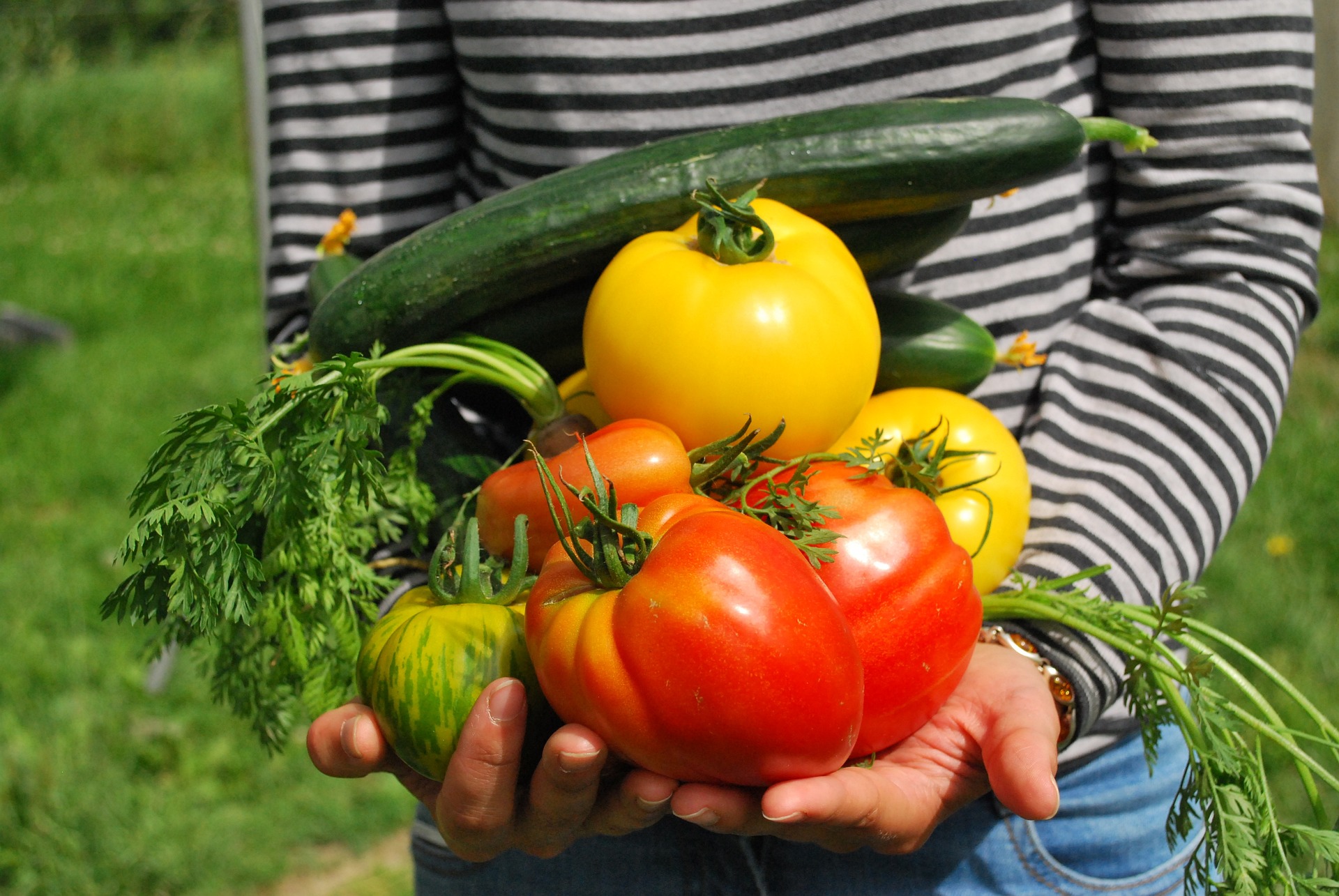
When choosing products at the grocery store, what do you prioritize? Price, quantity, freshness? These are key factors for selecting foods like vegetables or meat. But there’s an increasingly important reason people are picking certain products: “Organic.” Nearly every grocery store now offers organic options, and this label is drawing more attention than ever.
But what does “Organic” truly mean, and why is it becoming so popular? At its core, choosing organic is about making healthier, more sustainable choices. Let’s explore why going organic might just be the best decision for you.
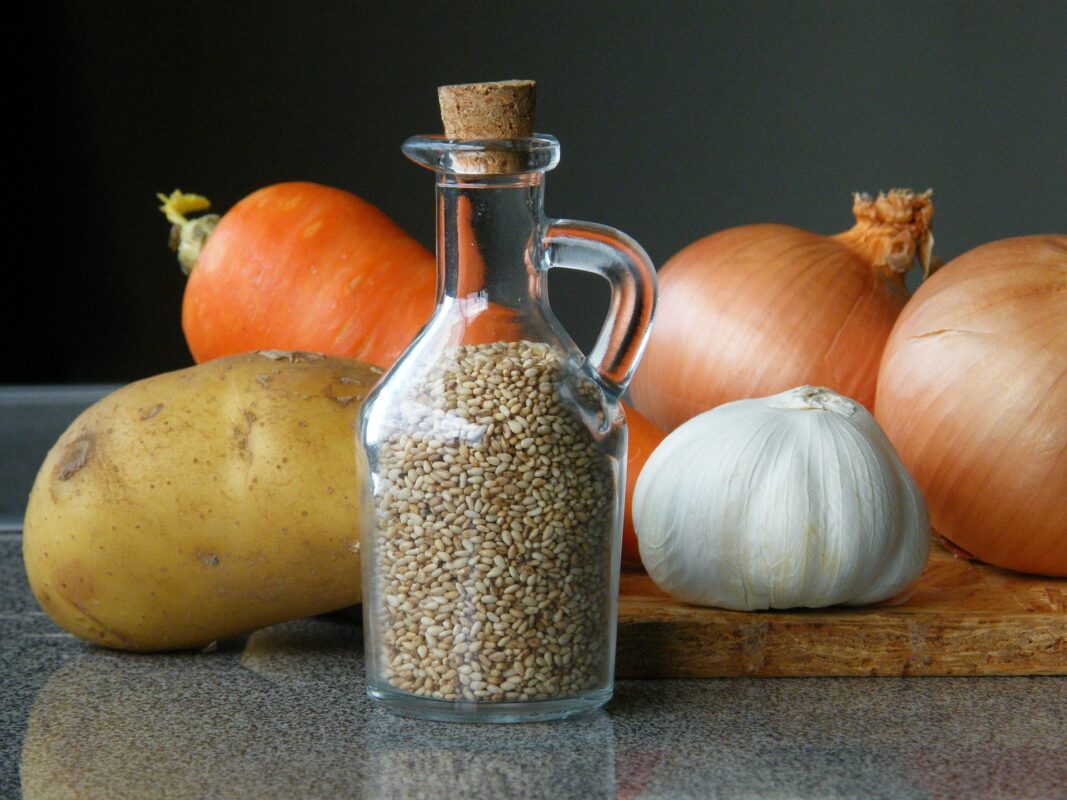
What Does “Organic” Really Mean?
“Organic” it’s more than just a buzzword. When it comes to agriculture, organic means avoiding synthetic chemicals, pesticides, artificial fertilizers, and genetically modified organisms (GMOs). Organic farmers prioritize natural methods in their practices. This includes techniques like crop rotation and composting to enrich the soil.
They also rely on biological controls to manage pests, avoiding synthetic chemicals and supporting healthier ecosystems. It’s all about creating a balanced ecosystem that benefits the soil, the crops, and the environment.
So how is organic farming different from conventional farming? Conventional farming often uses synthetic fertilizers and pesticides, which can increase yields but also have downsides. Over time, synthetic chemicals can wear out the soil, harm beneficial insects, and pollute nearby water sources. Organic farming is designed to minimize these impacts, working with nature instead of against it.
Getting an organic certification is no small feat. Farmers and producers have to follow strict guidelines set by agencies like the USDA to earn that organic label.
Thanks to this rigorous process and those labels, we can buy products without any fear of harmful chemicals used to grow the crops. Organic farming also takes a longer-term view. This is aiming to improve the health of the land rather than just maximizing short-term yields.
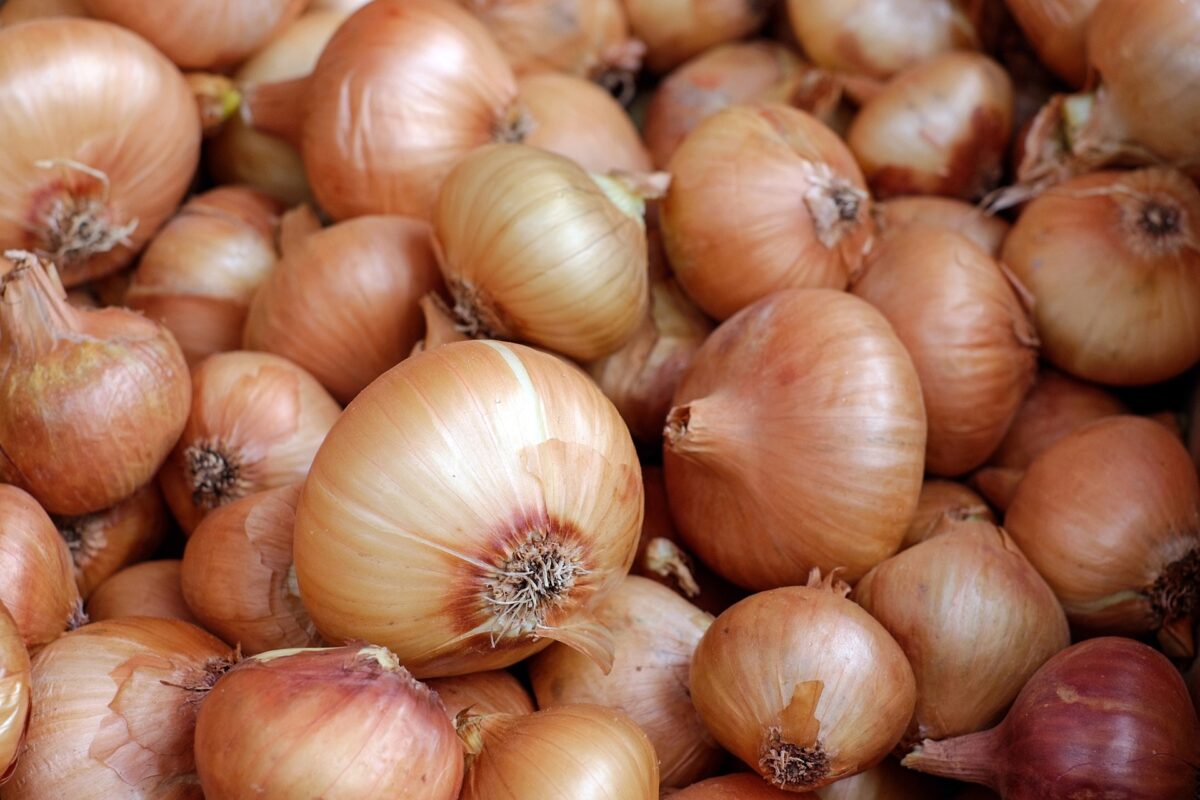
So, How Can Farmers Get the Certificate?
1.The Need for OSP
Farmers need to prepare an Organic System Plan (OSP) detailing practices and substances used to meet organic standards. And then, producers submit the OSP to a USDA-accredited certifying agent for compliance review. The OSP includes specifics on pest and weed control, soil management, crop rotation, and equipment cleaning. It also covers harvest handling, and for livestock, details feeding practices, health care, and living conditions.
2. Applying
Producers seeking organic certification must apply through a USDA-accredited certifying agent, who independently verifies compliance with organic standards. Certification fees vary by agent and operation size, but small farms may be eligible for partial reimbursement through the USDA’s Organic Certification Cost Share Program.
3. Maintaining Compliance and Renewal of the Certificate
Organic farms must maintain ongoing compliance with USDA standards by updating records and documenting any changes in their Organic System Plan (OSP). Certification is renewed annually, requiring a fresh inspection and an updated OSP each time.
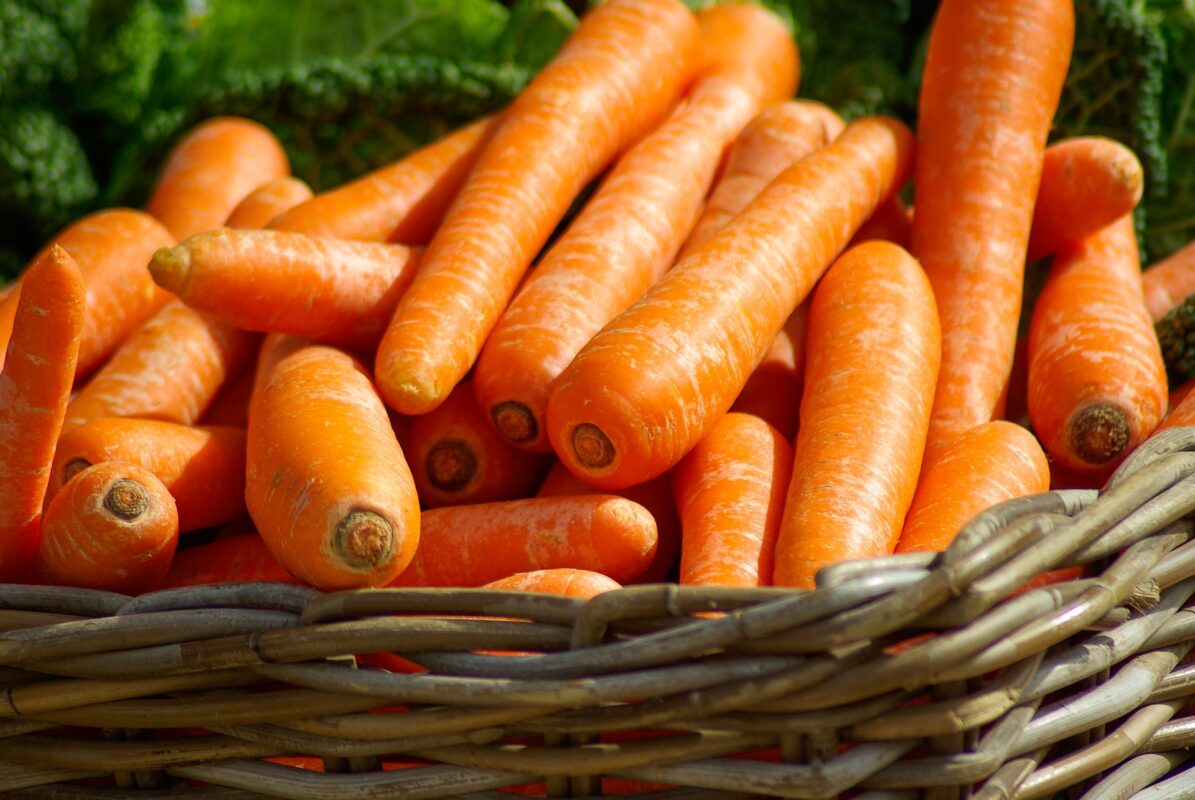
Health Benefits of Organic Foods
One of the biggest reasons people switch to organic is for health benefits, and it makes sense. Organic foods tend to be free of pesticides, synthetic additives, and other chemicals, which can be a relief—especially for parents, pregnant women, and those sensitive to chemicals. Eating organic reduces exposure to potentially harmful substances, and that can make a real difference for overall health.
There’s even research suggesting that organic foods might have more of certain nutrients, like vitamins, minerals, and antioxidants. Research from Cambridge found that organic crops had significantly higher antioxidant levels—up to 69% more than their conventional counterparts.
This might be because organic plants grow without the protection of synthetic chemicals, which can stimulate them to produce more beneficial compounds. And it’s not just produce. Organic meat, dairy, and eggs come from animals raised without routine antibiotics or growth hormones. So choosing those food, you can reduce your intake of these substances and supports animal welfare too. In a world where antibiotic resistance is a serious concern, going organic is one way to make a positive impact.
Environmental Impact of Organic Farming
Going organic isn’t just about personal health; it’s about the health of the planet, as well. By the way, did you know that although the more and more people are aware of the importance of those organic products, the agricultural consumption of pesticides worldwide is increasing since1990. Compared to 1990, the amount is almost twice.
Conventional agriculture has some significant environmental costs, from soil erosion to water pollution to loss of biodiversity. Organic farming offers a more sustainable path, aiming to protect natural resources and promote biodiversity.
One of the ways is improving soil health. Organic farmers add compost and rotate crops to keep the soil rich and fertile. This approach helps the soil retain water, reduces erosion, and supports a diversity of microorganisms that are essential for healthy crops.
Organic farming also supports biodiversity by avoiding synthetic pesticides, which can harm pollinators like bees and butterflies. Since pollinators are essential for many foods we enjoy—like fruits, vegetables, and nuts—organic farms offer a safe haven that helps keep these species around.
Additionally, organic farming can play a role in fighting climate change. Synthetic fertilizers usually require a lot of energy to produce and can release greenhouse gases. Many organic practices, like cover cropping and minimal tillage, help capture and store carbon in the soil. It helps offset some of the CO2 in the atmosphere.
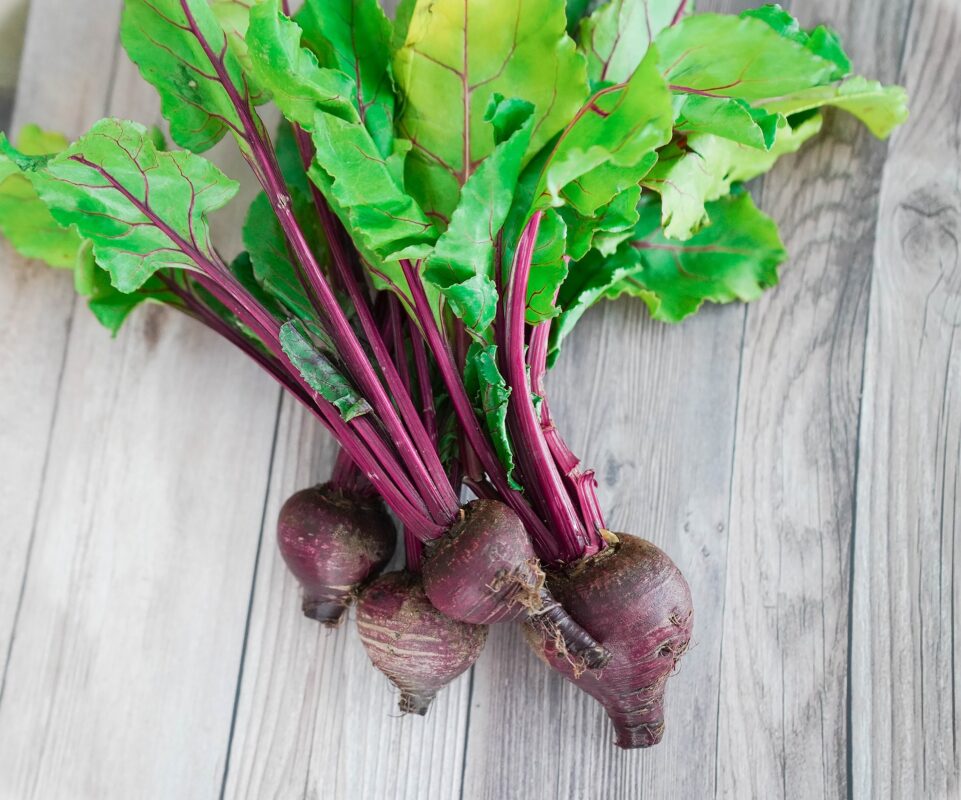
Challenges Facing the Organic Industry
While organic products have lots of benefits, the organic industry faces its share of challenges.
・Costs: Organic farming can be more expensive, both in terms of time and resources, which often leads to higher prices for organic products. This can be a barrier for some consumers who want to go organic but find the cost prohibitive.
・Farming Challenges: This is also one of the biggest hurdles. Especially for small farmers who may lack the resources to go through the lengthy process. Without synthetic chemicals, organic farms also face greater challenges in managing pests and weeds, which can make crop yields less predictable.
While those challenges are still preventing the popularization of organic products, the good news is that the industry is evolving to find solutions. Technology and innovation are helping make organic farming more efficient, and as demand grows, more resources are being invested in supporting organic agriculture.
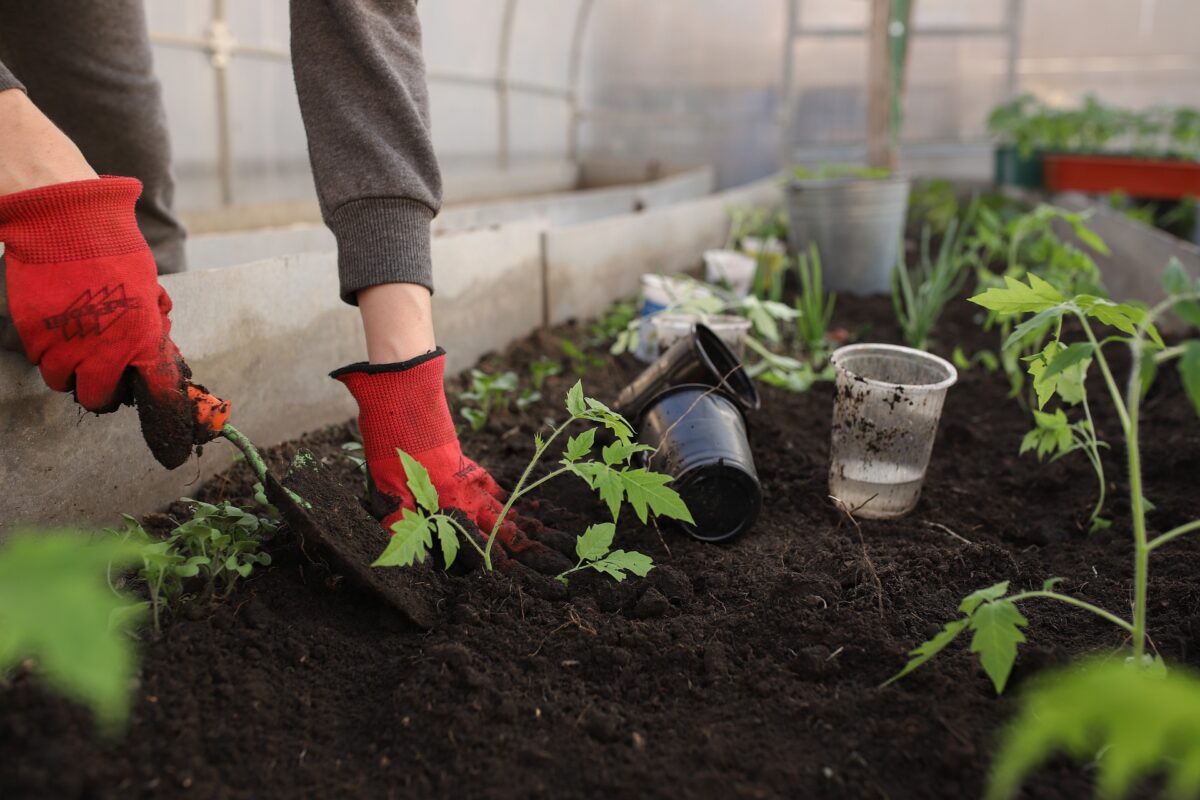
What We Can Do for Healthier and Cleaner World
We’ve explored the growing trend of “organic” and understand both its benefits and challenges. While it’s not easy for all products to become organic, providing healthy and safe options is crucial for us and our children. That’s why it’s important to support organic farmers and environmental initiatives. Of course, direct involvement can be challenging, but there are still ways to help. Therefore we, Carbon Da Capo, are here. We can give you information about climate actions or help you contribute to the greener and healthier environment by carbon credits. So, anytime let us know when you want to take action.
